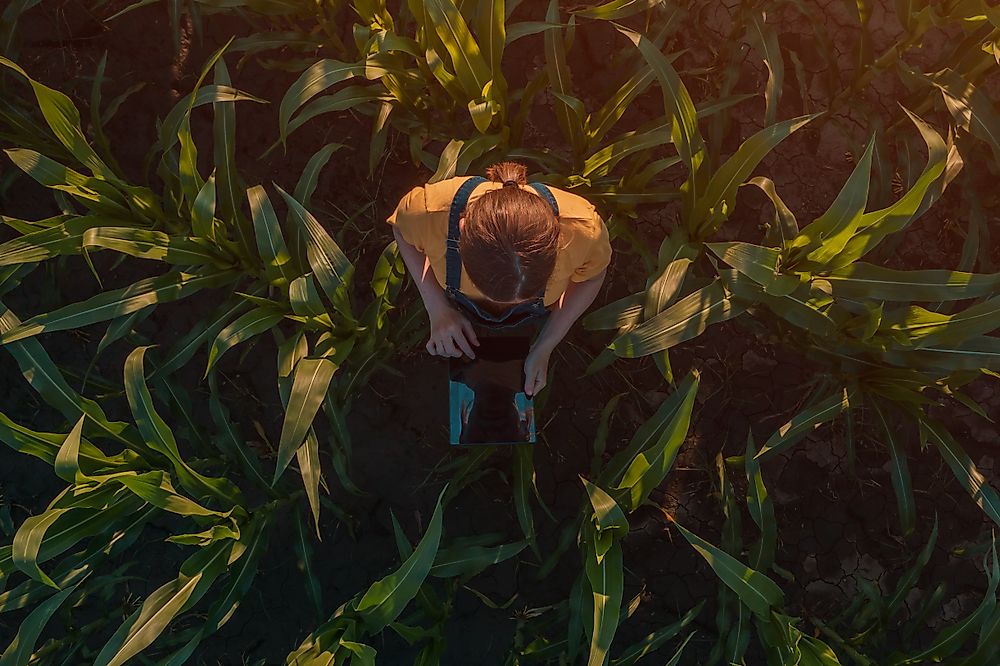What Does An Agronomist Do?

Agriculture can be defined as the art and science of crop production and raising livestock. It is broadly divided into two categories: animal production and crop production. While the former focuses on animal husbandry practices, the latter focuses on plants and other factors that influence crop production. A critical branch of agriculture, especially in terms of crop production, is agronomy, which deals with plant production, soil science, and how plants can be used. A person specialized in this area of agriculture is referred to as an agronomist. In addition to studying crops, the work of agronomists also includes aspects of disciplines such as ecology, biology, chemistry, and genetics.
Agronomy and the Role of Agronomist
According to the American Society of Agronomy (ASA), agronomy affects everyone’s daily life. The food we eat, the fibers in our clothes, and the ethanol-based fuels used in our cars are all products of agronomy and the work of an agronomist. This branch of agriculture encompasses work in several areas including plant physiology, plant genetics, soil science, and meteorology. Therefore, agronomy is the application of a combination of disciplines such as chemistry, biology, earth science, ecology, genetics, and economics. Agronomists are involved in every aspect of crop production to ensure that healthy foods are produced, the environmental impact of agriculture is managed, as well as extracting energy from plants.
Areas of Specialization
To achieve the key objectives in crop production, agronomists specialize in several areas, including those listed below.
Plant Breeding
To ensure that the best crops are produced, agronomists selectively breed plants. Plant breeding does not only increase yields, but also improves the nutritional value of crops, and can lead to the development of new plant types.
Biotechnology
Agronomists apply concepts of biotechnology to develop desired characteristics in plants. This usually occurs in laboratories, but also requires field testing of new plants. Biotechnology is used to increase yields, and is also applied for other uses, such as modifying oilseeds to produce fatty acids for detergents.
Soil Science
Agronomists study both crops and the soils in which they grow. They are involved in studying sustainable ways of making plant cultivation more productive and profitable. Agronomists are involved in soil classification and analysis in order to determine the type and level of nutrients, as well as recommending the type of crop that should be planted in a particular area. They also advise how to improve soil fertility for optimal plant growth.
Soil Conservation
In addition to studying the properties of soil, agronomists are involved in developing methods of soil preservation to decrease the effects of soil erosion agents, such as wind and water. They also advise better and more effective ways of using soil in order to preserve it for future generations.
Other Areas of Focus
In addition to the areas of specialization highlighted above, an agronomist can also focus on pests, weeds, and insect control. They also investigate how the different stages of crops are affected by environmental factors and climate. Agroecology is closely associated with other areas, such as alternative food systems, organic farming, and sustainable agriculture.











